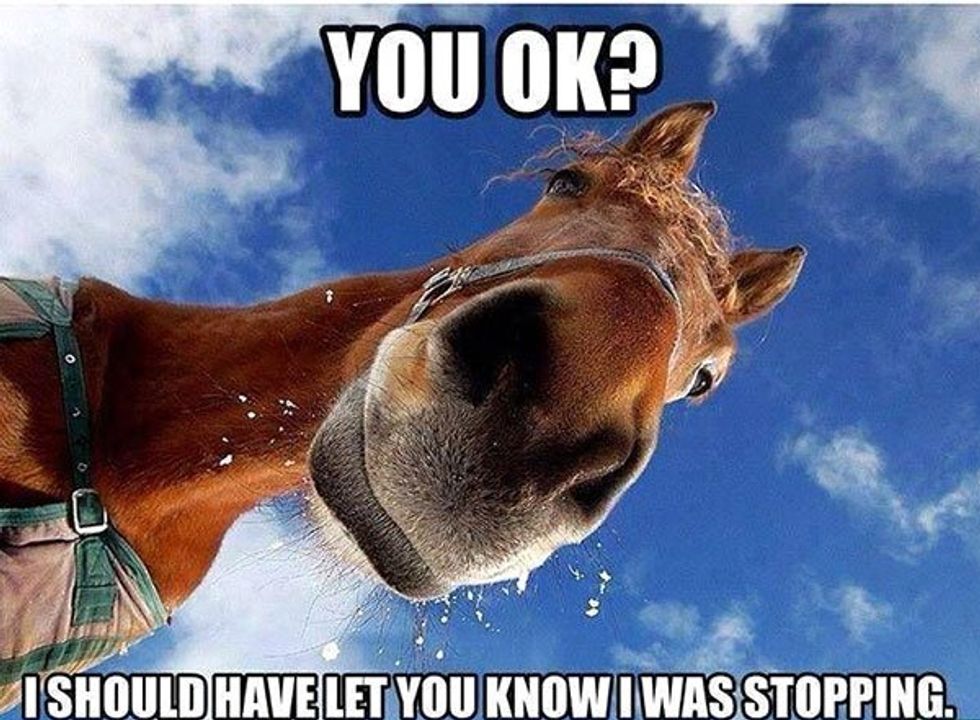A year ago, Ohio State took the college football world by storm by rattling off three stunning victories to win the inaugural College Football Playoff. The biggest story line of their run: Redshirt sophomore Cardale Jones takes the reins as the team’s quarterback and rolls through the three biggest games of the season. A year before that, Jameis Winston exploded onto the college football scene with his big time personality and big time talent to win the Heisman Trophy award and lead Florida State to a national championship.
What do these two stories have in common? While both do highlight quarterbacks who have the characteristics that would seem to make them better suited to play defensive end, that is not the point to be made here. The inexperience of these gentlemen, however, highlights an emerging trend in today’s college football world.
The success stories of first-year starters is far from limited to the two aforementioned national champions. In fact, five of the last seven national champions have been led by first-year starters at quarterback. Of the 14 teams involved in these championship games, nine of them relied on first-year signal callers. Half of the playoff field a year ago was led by first year quarterbacks. The evidence is undeniable: inexperienced quarterbacks are winning, and winning big.
With the emergence of camps and coaches that young, aspiring quarterbacks can go to in order to refine their mechanics and develop their football acumen, freshman quarterbacks are entering into their first years more prepared than ever to play on the college stage. In addition, the offenses run on the high school level mirror those ran in college. While plays become more complex and athletes become more athletic, there is undoubtedly various similarities between these offenses on both levels. A former high-school coach Gus Malzahn has helped lead two first year quarterbacks to national championship games, once as an offensive coordinator, and once as a head coach.
So what does this new wave of young signal callers mean for college football? Proof of people buying into the trend can be seen in the first preseason coaches’ poll. Six out of the top ten teams in the poll will have new starting quarterbacks. I am not a huge proponent of preseason polls and, in all honesty, do not really believe that they mean anything in the long run. However, over half the of these types of teams sitting in the top ten signifies at least the lack of stock put into the importance of experience at quarterback.
That’s not to say that it does not matter. Having an existing leader who knows the system and has already experienced the college level will never not be an advantage. It just appears to not be as much of an advantage as in that past. Or maybe just having a first-year guy has become less of a disadvantage. Either way, the use of younger quarterbacks will continue to grow.
In addition to an added quantity of these quarterbacks in college football, the quality of such will continue to increase as well. As I mentioned earlier, there are so many resources available to aspiring quarterbacks to train their bodies and minds to become talented in the art. Add that to the growing use of early enrollment into school in order to practice with the team during the spring and what you get are more talented, more intelligent, and well-polished quarterbacks from the outset.
The end product of this new craze is more quarterback controversy. Teams are constantly bringing in new recruits to develop at the quarterback position. And given all the success I mentioned earlier, coaches are not afraid to put a freshman ahead of a senior if they feel that he will end up giving their team a better chance to win big. Furthermore, the added pressure on coaches to win big and win quickly at their prospective schools ends up in more pressure to jettison their starters at any sign of a letdown. That’s not to say that the pressure is not the same on younger quarterbacks to win right now. However, the nature of fan bases to want immediate change when things go wrong often ends up in a younger quarterback taking the reins. Not to mention how much the media loves the possibility of a quarterback controversy, especially in season.
Take for example Blake Sims of Alabama a year ago. After a difficult first half against Auburn, there was word that Nick Saban was pondering pulling Sims and putting in his backup Jacob Coker to play the second half of the Iron Bowl. Think about that: Alabama was the number one team in the country and eventual conference champion, but their head coach was not afraid to pull the trigger on pulling his starter after one bad half.
The era of young quarterbacks is upon us. On top of that, so is the era of quarterback controversy. In a world where freshmen are coming in more ready than ever to play college football, no quarterback’s job is safe.




 teenhorseforum
teenhorseforum
















